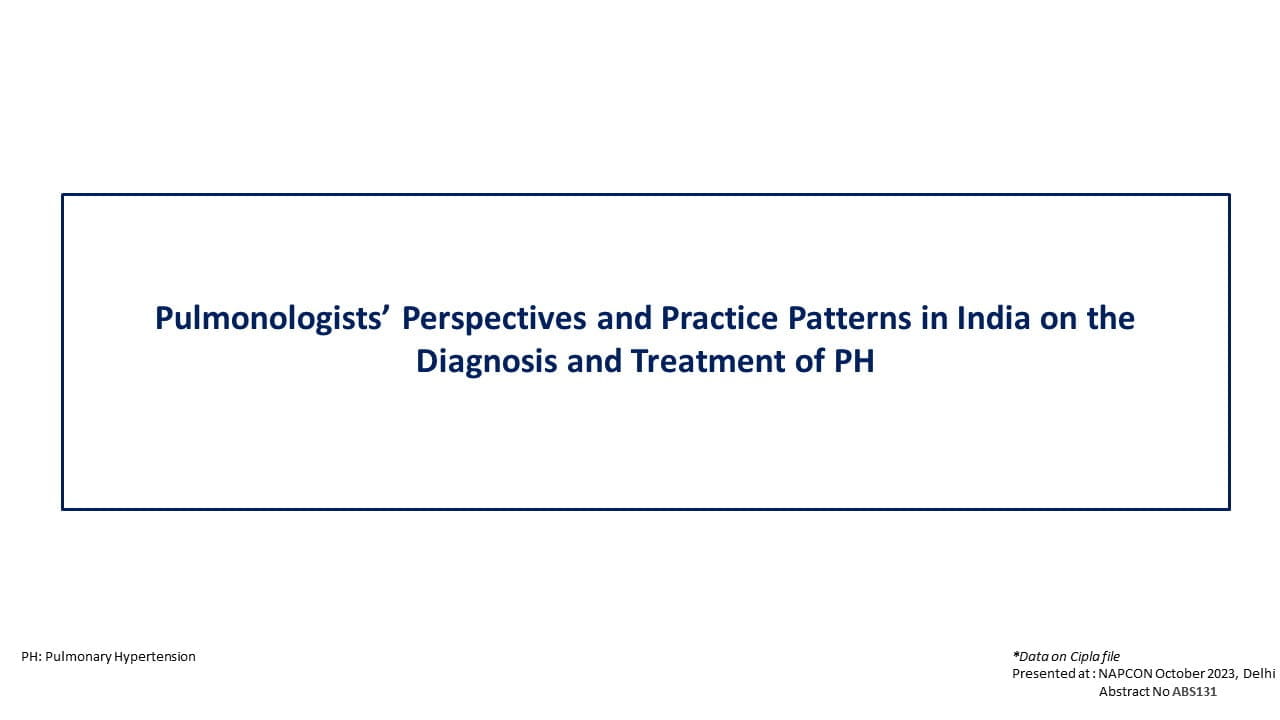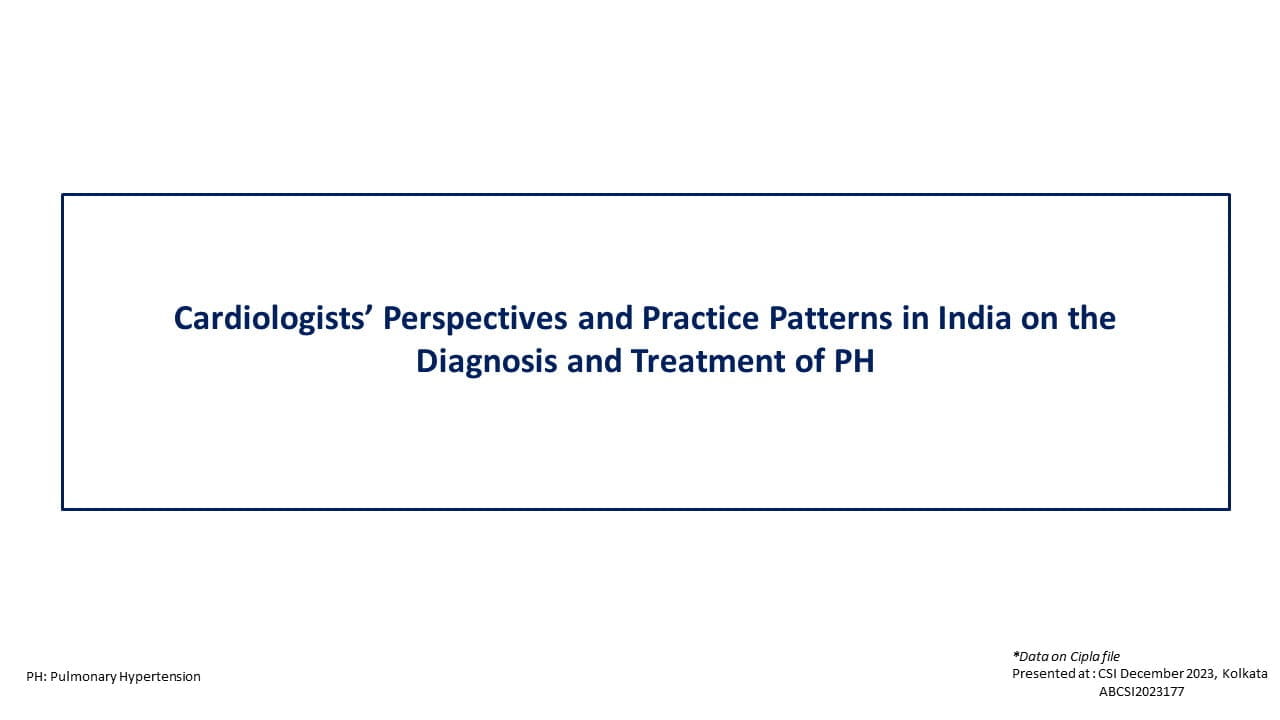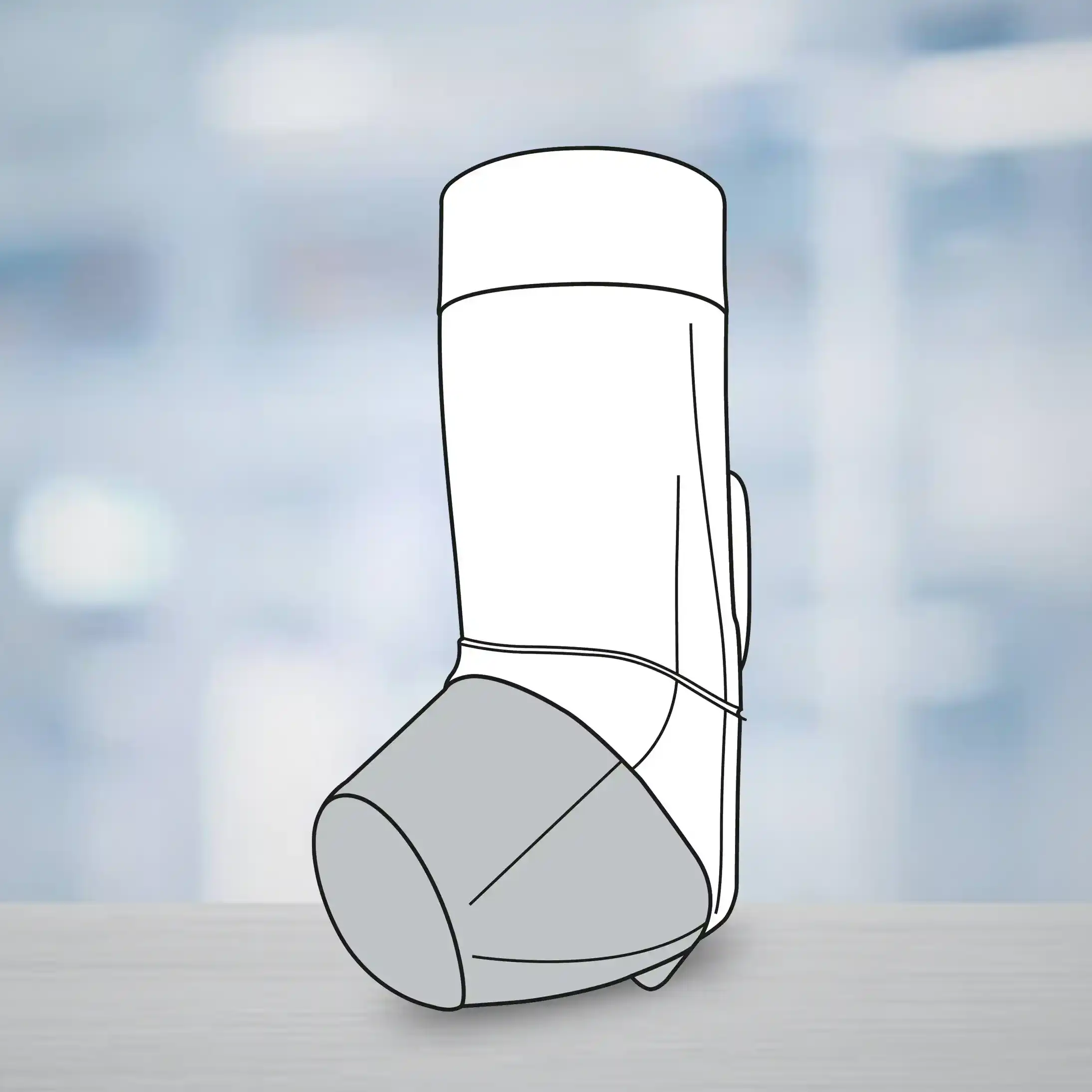Introduction
Dehydroepiandrosterone (DHEA) supplementation improves response to ovarian stimulation with gonadotropins by increasing the oocyte yield and embryo numbers. DHEA also has beneficial effects on pregnancy outcomes in women with diminished ovarian reserve (DOR), by possibly reducing aneuploidy. DHEA improves the oocyte and embryo quality and pregnancy rates. Since a majority of spontaneous miscarriages are associated with aneuploidy, it can be assumed that DHEA supplementation might also reduce miscarriage rates.
Aim
This study compares the miscarriage rates after DHEA supplementation at two independent North American infertility centres, age-stratified, to miscarriages reported in a national U.S. in vitro fertilization (IVF) data base.
Method
Study Design
- Retrospective case control study.
Patient Profile
- The study cohort at the New York and Toronto centres, enrolled women with significantly DOR
Treatment Strategy
- The miscarriage rates of women at the 2 centers after DHEA supplementation was compared with that reported in the national database
- Common odds ratio (OR) of the pooled miscarriage rates among age stratified women were compared between the pooled centers and national database
- A secondary analysis was conducted after stratifying the women based on age into 5 groups (<35, 35-37, 38-40, 40-42 and >42 years)
End Points
- Miscarriage rates
Results
- Out of the 73 DHEA supplemented pregnancies, the miscarriage rate at both centres was 15.1% (11/73; 15.0% and 15.2%, respectively) as compared to 17.6% in the national US registry
- For DHEA supplementation common OR (and 95% confidence interval), stratified by age, was significantly lower, relative to odds of miscarriage in the general IVF control population (0.49; p = 0.04).
- DHEA supplementation significantly reduced the miscarriage rates at all ages but the difference was most pronounced in women above age 35 years.
- Expected miscarriage rates in women after DHEA supplementation demonstrated even more significant reductions in miscarriage rate (p<0.0001) suggesting an almost 80% reduction in miscarriage risk.
Conclusion
- This study demonstrated reduction in the miscarriage rates after DHEA supplementation in women with diminished ovarian reserves (DOR).
- Miscarriage rates after DHEA supplementation not only were lower than in an average national IVF population but were comparable to rates reported in normally fertile populations.
- Low miscarriage rates, comparable to those of normal fertile women, are indicative of the possible beneficial effect of DHEA on embryo ploidy.
Reprod Biol Endocrinol. 2009 Oct; 7:108. Doi: 10.1186/1477-7827-7-108.










